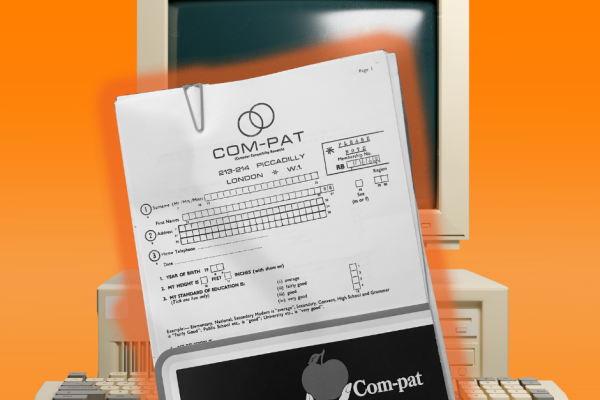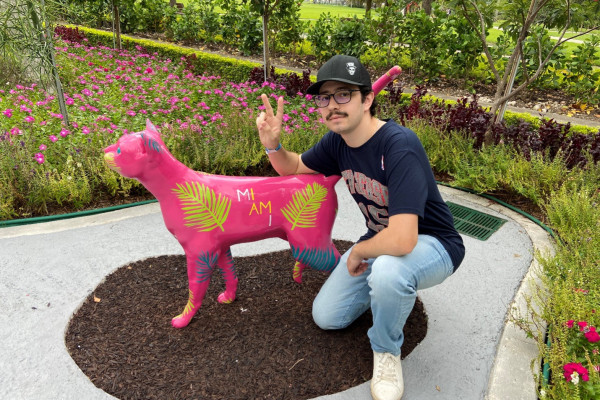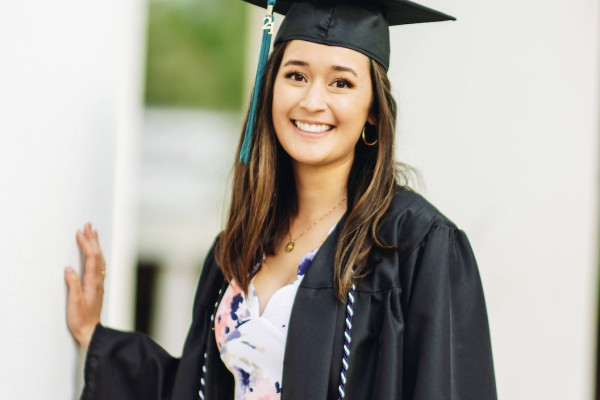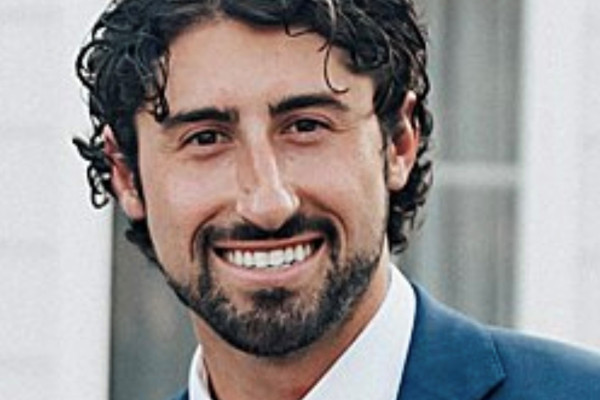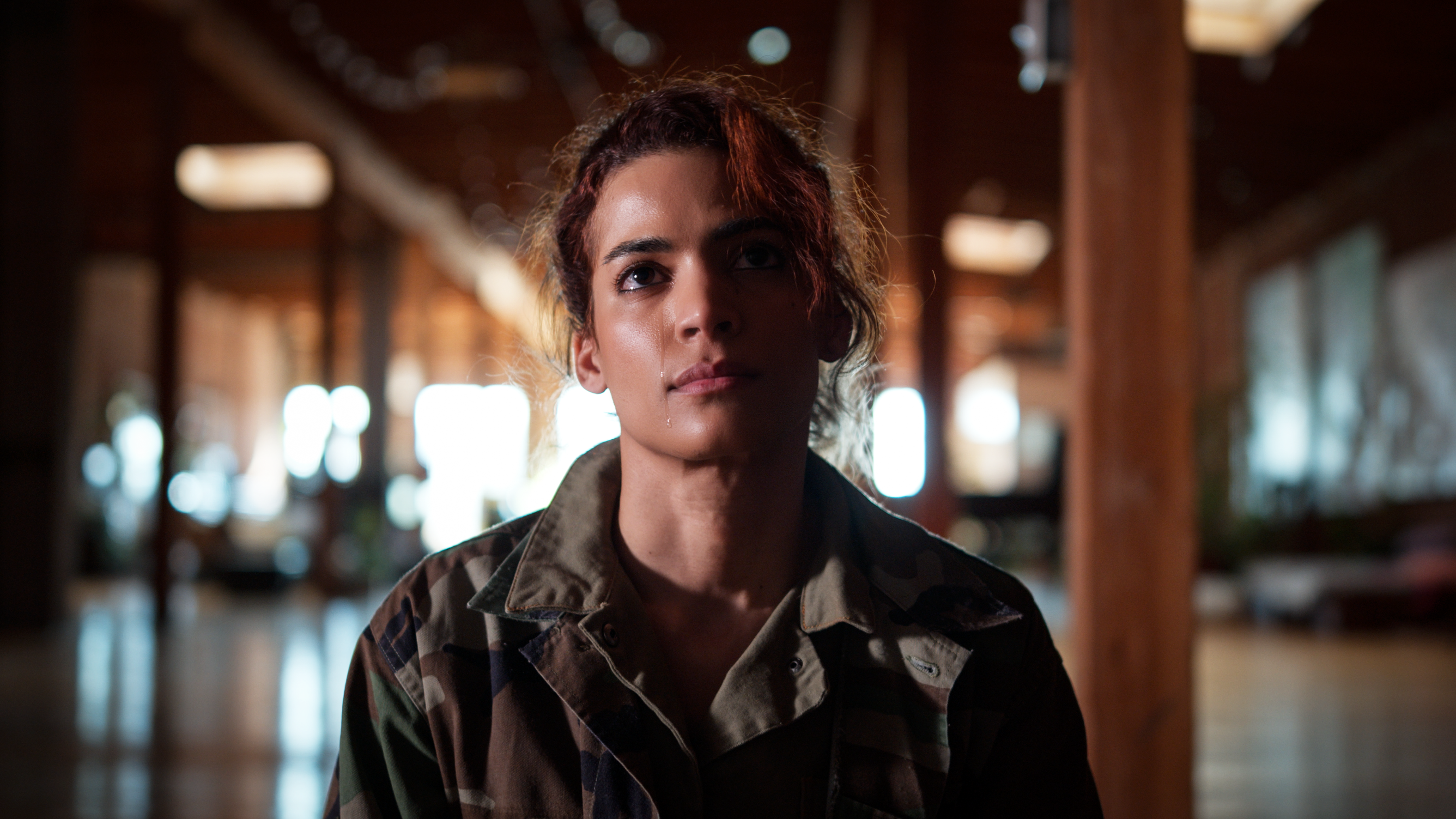
Award-Winning Alum Discusses Her Feature Film and Ethical Uses of AI in Filmmaking
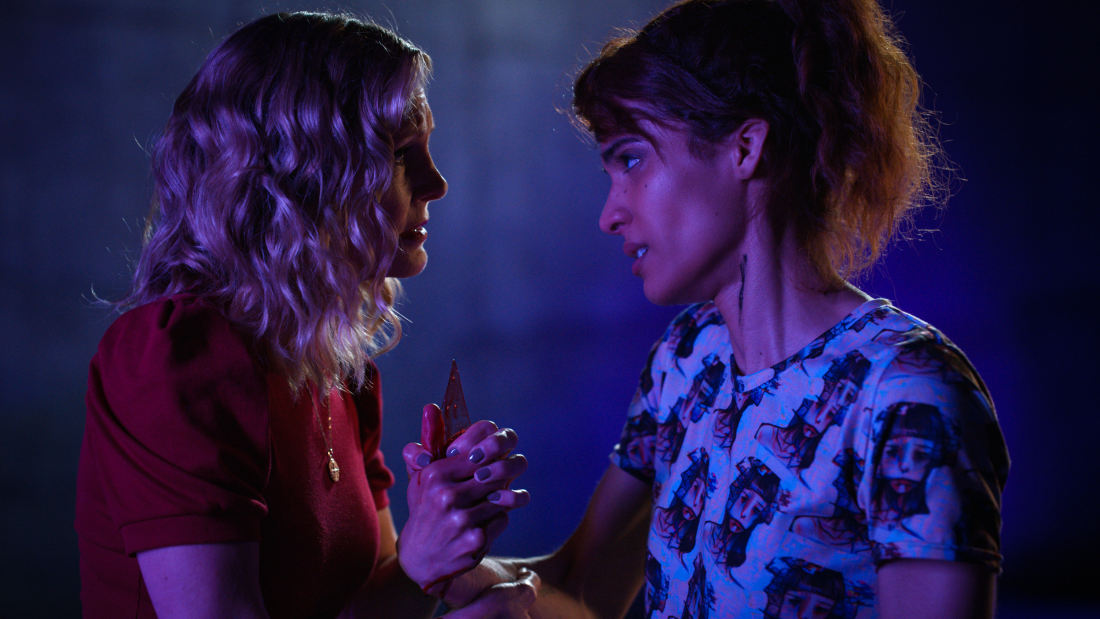
While Lauren Neal was completing her Master's degree at the School of Data Science and working a full-time job, she was also developing, producing, and starring in her feature film, "Under the Influencer." Neal's film has since won four awards, including Best Feature at SF Queer Film Festival, Festival Director's Choice at Cinema Diverse, Best Drama Feature at San Antonio QFest, and Panavision Outstanding Feature Award at Micheaux Film Festival. We spoke with Neal about her film, what drew her to the Online M.S. in Data Science program, and how the film industry can ethically use artificial intelligence moving forward.
Q: Tell us about your film, "Under the Influencer," and what inspired its creation.
The pandemic expedited our collective dependence on social media as a tool for human connection. As we all know, social media can be constructive and essential, but it also has a dangerous and outsized influence on our self-perception. We wanted to explore the seductive nature of that influence — especially when wielded by someone as charismatic and convincing as Andrea Caulfield.
Furthermore, in 2021, there was an explosion of new technology that claimed to offer artists a path to protect their intellectual property and enjoy financial autonomy. We were interested in how NFT and Web3 culture might simultaneously empower and harm artists. In 2022, conversations about AI crept into the public consciousness — in particular, I was inspired by debates about the ethics of scraping work without the consent of artists to train generative models for commercial use.
Q: What drew you to the Online M.S. in Data Science program at the University of Virginia, and how do you feel it has impacted the work that you do?
First and foremost, I wanted to enroll in an online master’s program that had been created as an online program — not one that had shifted online with the onset of the pandemic. It was important to me that the program’s schedule, coursework, and overall design had been executed with working professionals in mind. I wanted to feel like the program was an excellent online academic experience, not an okay online experience that “would’ve been better in person.”
Weirdly, UVA’s online MSDS program has allowed me to engage with a broader swath of the film & television industry. Since graduating, I’ve written Python scripts to link production software, brought more math to my motion design and editing, and worked as the founding data scientist at an app committed to providing actionable insights and quantifiable feedback to auditioning actors. I’m now leveraging technology to devise solutions to common production problems.

Q: You began working on your film while completing the MSDS program. How did the program provide you with the structure to balance your workload and your education?
I was engaged in some part of the filmmaking process through approximately 40-50% of the program; I was also simultaneously working a full-time job. While not easy, and not necessarily something I’d recommend to others, this was only possible due to the flexible nature of the Online MSDS program.
Because of the time difference (Pacific versus Eastern time), classes started for me right at the end of my work day. The program’s academic requirements were clear and prescriptive enough for me to plan ahead (i.e., to know I’d not only be wrapping up two classes while heading into pre-production on the film, but also completing my capstone project).
Q: Data science can be used in profound ways across every field, including the arts. In your opinion, how can data science be used as a form of artistic expression?
Data science is a storytelling mechanism, a narrativizing medium in and of itself. The discipline is a means of representing and explaining what is and what has been, in addition to predicting and modeling what will be. Data science ascribes meaning to empirical findings and individual data points the way art semiotics does so with signs and symbols. Data sans context and meaning is just information.
Q: How is artificial intelligence important to the plot and production of "Under the Influencer"?
The film’s protagonist, Lex, is often mischaracterized as an "AI artist," which is inaccurate. Lex generates art using self-portraits and her own personal mental health data set. Unlike contemporary AI art that relies on scraped content, her process visualizes her own emotional metrics via both digital and traditional techniques. The technology externalizes her interior life, suggesting that algorithms can function as extensions of human emotional experience rather than replacements for artistic vision.
In production, I used AI pragmatically to create the artwork needed when time constraints prevented collaboration with an established artist. I deliberately chose a lo-fi, 2D aesthetic to counterpoint the technological creation process, work within our budget, contrast the film's sterile visual style, evoke the "flat affect" associated with psychiatric medications, and align with my technical capabilities.
I completed my master’s degree in data science the month before we went into production on the film. This, combined with my undergraduate academic focus on performance studies and art semiotics, formed the basis of my belief that Lex’s art should feel like another character in the film — it maps the trajectory of Lex’s mental state. Every piece is a self-portrait — the art cannibalizing the artist, begging us to wonder where an artist ends and her work begins, and how much suffering is warranted in its creation. Aesthetically, the film itself resembles a work of Lex’s art; energetically, its pulse emulates the mania of her creative process; I experimented with artificial intelligence in post-production to devise and develop methods for achieving this.
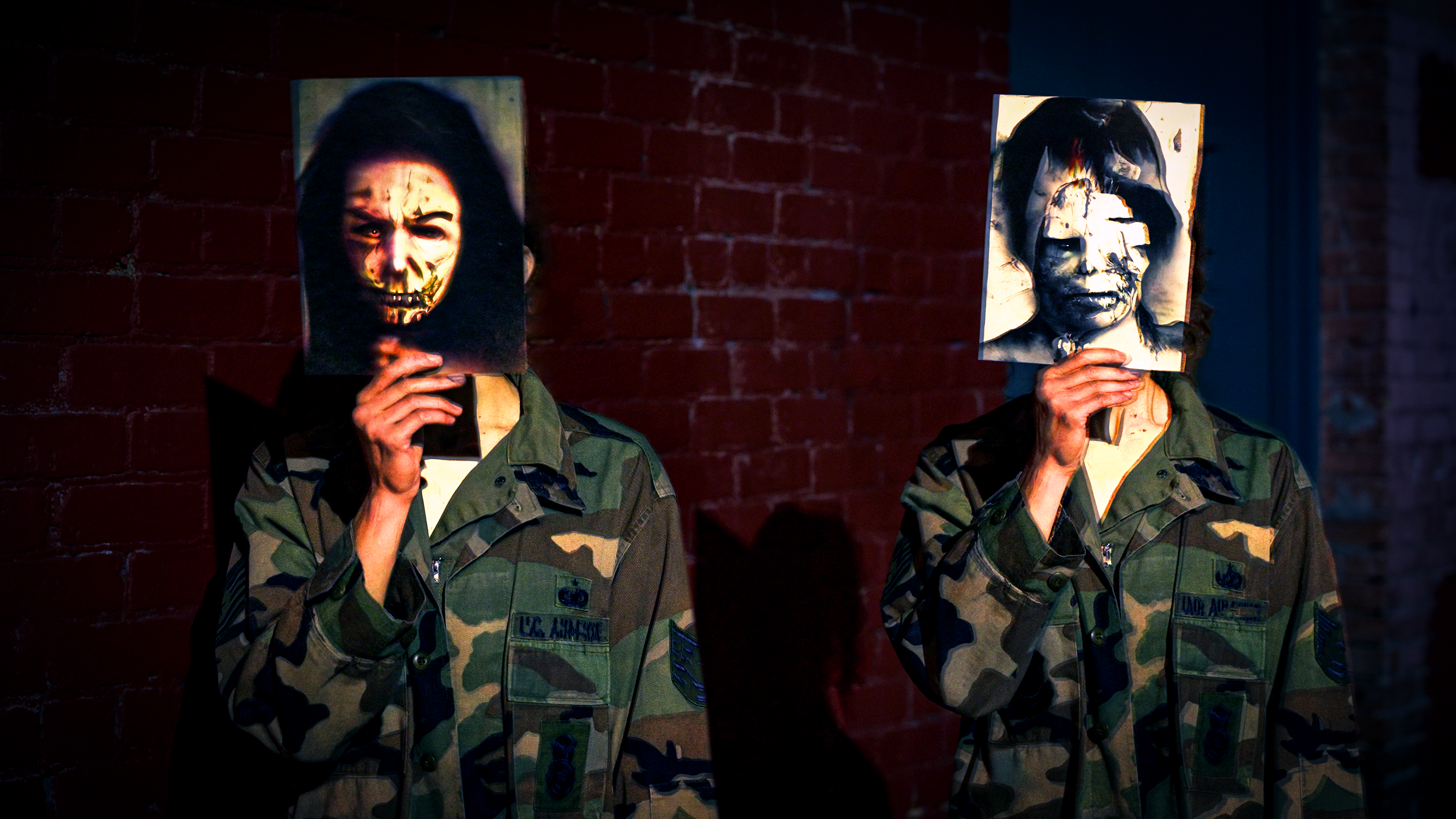
Q: How do you think the film industry can ethically use artificial intelligence to make movies?
The film industry can ethically use AI by approaching it as one tool in a creative toolkit rather than as a replacement for human artistry. As someone working with limited resources, I've found AI most valuable when it serves specific purposes: visualizing concepts before expensive production, assisting with labor-intensive post-production tasks, or solving particular technical challenges.
For me, ethical AI use in filmmaking means prioritizing transparency about how and where and why these tools are implemented. We should always secure explicit consent from performers before training on their likeness using any AI that might affect their performance. For commercial projects, it seems inevitable that any viable future of AI in film avoids systems trained on unlicensed material, even when that means substituting convenient tools with more cumbersome open-source alternatives that provide more control over data and process.
What interests me isn't generating entire films from prompts, but rather using AI selectively within traditional filmmaking workflows — as one stage in a process or as a tool to transform existing footage when appropriate to the narrative. The technology also becomes most meaningful when it either removes barriers for underrepresented voices or contributes thematically to the story being told.
The most valuable aspects of cinema — human connection, authentic performance, collaborative creativity — cannot and should not be automated away. Our focus should be on how AI can help more diverse stories reach audiences while respecting the irreplaceable value of human artistry.
Q: What advice would you give to other creatives who are interested in pursuing a degree in data science?
Please do it. We have seen Big Tech disrupt and, in some cases, devour creative industries and artistic disciplines. The way to ensure that technology is developed with respect for art and artists is to include artists in the process.
Q: Where can we watch your film?
We are still in the middle of our film festival run, so check the film’s social media for the next screening date and location.
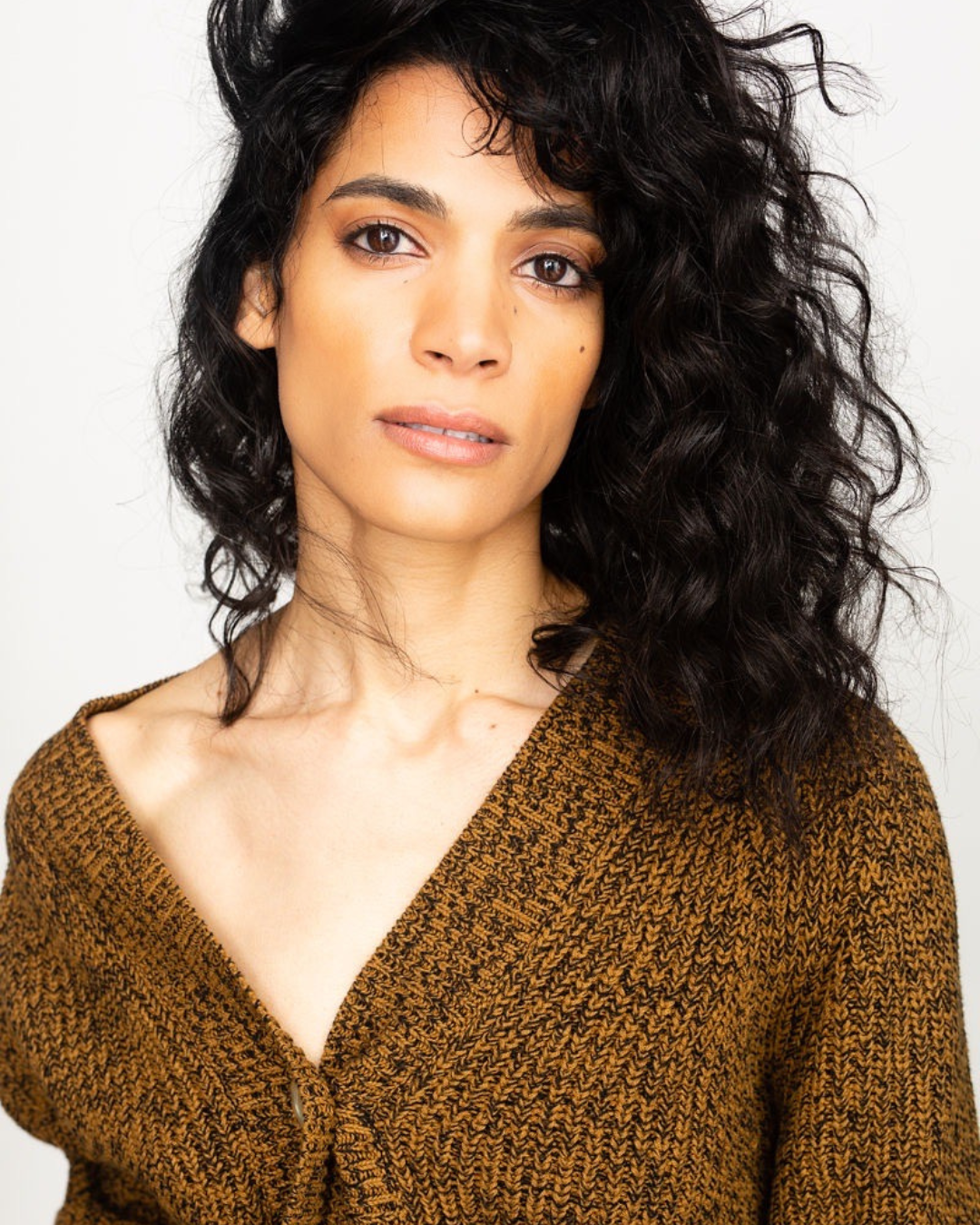
Lauren Neal is an award-winning actor, filmmaker, and data scientist. She is a graduate of Brown University’s Department of Theatre Arts & Performance Studies and the University of Virginia’s School of Data Science.
Lauren's work interfaces with nascent technologies and mental health matters: where neural networks meet neurodivergence meets Neural Radiance Fields (NeRFs). She won the Hyundai Emerging Director Award for her short “Healing Me” at Outfest Fusion 2020 and went on to direct a spot for Hyundai.
Lauren is a two-time Commercial Directors Diversity Program semifinalist and a graduate of Warner Bros. Discovery’s inaugural VFX Coordinator training program. Her Ivy League-set race satire “Spicy Wit” — which she wrote, directed, & produced — was featured in Ebony, Indiewire, and Huffington Post.
“Under the Influencer” — a groundbreaking microbudget film on which Lauren served as technical director, editor, VFX producer, post-production supervisor, executive producer, and lead performer — was named Panavision’s Outstanding Feature at the 2024 Micheaux Film Festival. The project has collected two additional Best Feature prizes during its ongoing festival run.
Lauren was the founding data scientist at Castability, a start-up devoted to providing actors with actionable feedback and quantitative analysis of their work. Her acting credits include “Westworld,” “The Sympathy Card,” and “Dexter: Original Sin.”
Lauren is developing several narrative and experimental multimedia projects. She has been tapped to direct the romantic comedy “Ex Life” for Story Mill Entertainment in 2026.
You can follow Lauren's personal Instagram account here. Read more about technology used behind the scenes to produce the $62K feature film on Substack.

